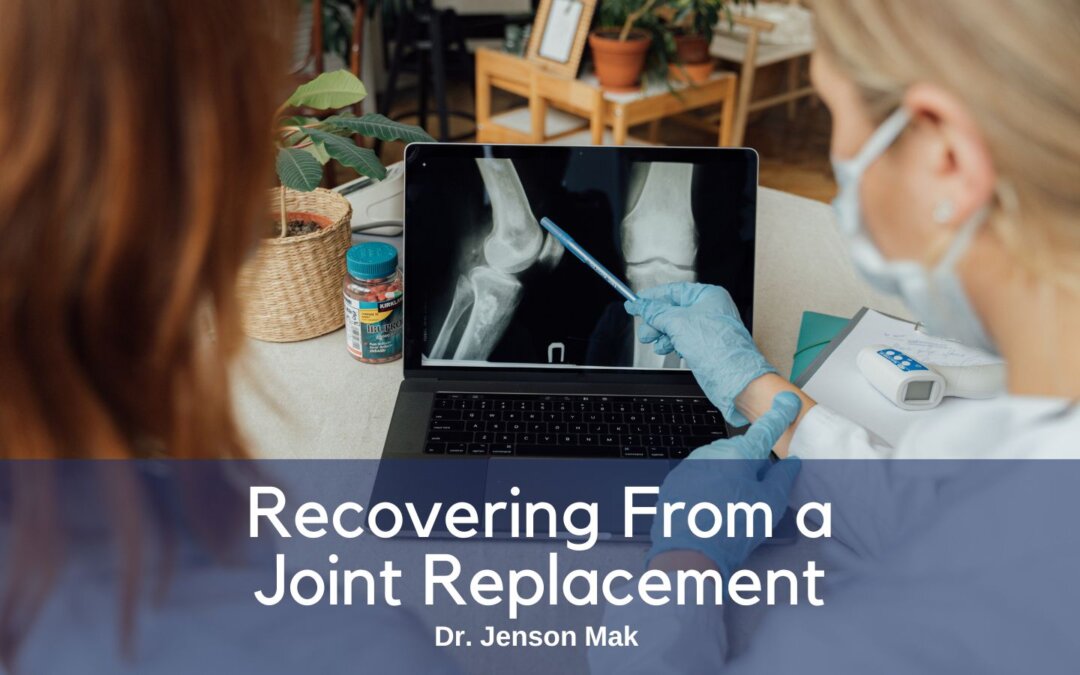A joint replacement is a significant medical procedure. It can significantly improve a person’s quality of life. Whether it’s a hip, knee, shoulder, or other joint, the recovery process plays a crucial role in the overall success of the surgery. Recovery from joint replacement requires commitment, patience, and a multidimensional approach to rehabilitation.
Preparing for Recovery: Understanding the Procedure
Before embarking on the journey of joint replacement recovery, it is essential to have a thorough understanding of the surgical procedure and its expected outcomes. Engaging in open and candid discussions with your healthcare team, including the surgeon, physical therapist, and occupational therapist, will help manage expectations and clarify the post-operative process.
Immediate Post-Surgery Care: Hospital Stay and Pain Management
The first days after joint replacement surgery are critical for your recovery. Hospital stays are usually 1-2 days. During this time, pain management is a top priority. Your medical team will work closely to find the most effective pain relief regimen, combining medications and other therapies to minimize discomfort and promote healing.
Physical Therapy: Regaining Mobility and Strength
Physical therapy is a cornerstone of joint replacement recovery. Working with a skilled physical therapist is essential for regaining mobility, strength, and function in the affected joint. Physical therapy sessions are tailored to individual needs, and exercises gradually progress as you heal. Consistency and compliance with your therapist’s guidance are crucial to achieving optimal outcomes.
Occupational Therapy: Restoring Daily Activities
Occupational therapy focuses on helping you regain independence in daily activities. Occupational therapists assess your needs and develop personalized strategies to facilitate a smooth transition back to your routine.
Managing Pain and Discomfort at Home
After being discharged from the hospital, managing pain and discomfort at home is crucial for a successful recovery. Follow your doctor’s prescribed pain management plan and monitor any changes in your condition. Be sure to have a support system to assist with daily tasks during the initial stages of recovery.
Nutrition and Hydration: Fueling the Healing Process
Adequate intake of protein, vitamins, and minerals supports tissue repair and helps prevent complications. Staying well-hydrated is equally crucial, as it aids in flushing out toxins and promoting overall health.
Mental and Emotional Well-being: Coping with Recovery Challenges
Recovering from a joint replacement can be physically and emotionally challenging. It is normal to experience a range of emotions during this period. Engaging in relaxing activities can contribute to positive mental well-being. Additionally, joining support groups or seeking counseling can be beneficial in navigating the emotional aspects of the recovery process.
Following Post-Operative Instructions: Adhering to Guidelines
Adhering to your surgeon’s post-operative instructions is crucial for a successful recovery. This includes keeping the surgical site clean and dry, avoiding strenuous activities, and attending all scheduled follow-up appointments. Any concerns or unusual symptoms should be promptly reported to your healthcare team.
Gradual Return to Physical Activities: Building Strength Safely
As you recover, your medical team will guide you on gradually reintroducing physical activities and exercises. Engaging in low-impact exercises like walking, swimming, and stationary biking can help maintain joint flexibility and strength.
Long-Term Rehabilitation: Continuing the Journey
Recovery from joint replacement is a continuous process beyond the initial healing phase. Long-term rehabilitation, including regular exercise and maintaining a healthy lifestyle, is vital for preserving joint function and preventing future complications.

